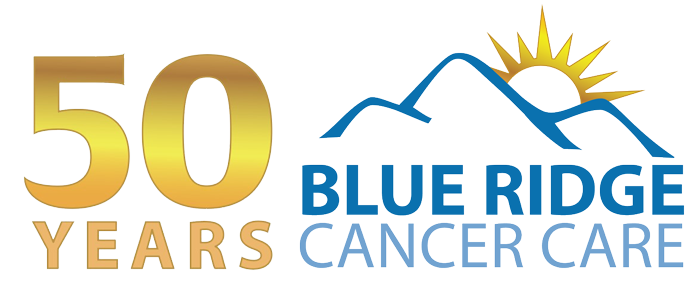Cancer Prevention
Education
Many people think cancer is inevitable, but for some types of cancer, you can take steps to reduce the risk. Healthy lifestyle habits hold the key to cancer prevention. Up to two-thirds of all cancers may be preventable by avoiding tobacco and adopting other healthy lifestyle habits. Regular screenings can help detect many cancers in the earliest stages, when they can be treated successfully. Thorough cancer screening examinations include cancer risk assessment, screening exams based on age and gender, as well as personalized risk-reduction strategies. Prevention programs include genetic testing, chemoprevention and counseling for nutrition and tobacco cessation.
Here are ten things you can do to protect yourself from cancer:
- If you are a smoker, make the effort to quite. If you are not a smoker, don't start. Smoking is the single most preventable cause of death and disease. It not only causes lung cancer, it also increases risk for heart attack and for cancers of the mouth, throat, bladder, colon, rectum, pancreas and cervix.
- Avoid exposure to other people's smoke
- Know the seven warning signs of cancer, and see your physician if you observe any of them:
- A change in bowel or bladder habits
- A sore that doesn't heal
- Unusual bleeding or discharge
- A thickening or lump in your breast or elsewhere.
- Difficulty in swallowing or chronic indigestion.
- An obvious change in a wart or mole.
- A nagging cough or persistent hoarseness
- Don't overeat, drink too much alcohol or eat too many fats. Instead, eat more whole grains, cereal, breads, pastas, fresh fruits and fresh or steamed vegetables – especially broccoli, cauliflower, cabbage and Brussels sprouts. Keep your intake of lean meat, skinless poultry or fish to no more than 6 ounces per day.
- Exercise. A 30-minute walk each day is one of the simplest ways to incorporate exercise into your daily routine.
- Know your family's medical history and pay attention to a possibly inherited disposition toward certain cancers.
- Avoid getting a tan. If your skin will be exposed to the sun for more than 15 minutes, use a sun screen with a sun protection factor (SPF) of 15 or higher.
- If you are a woman over 20, examine your breasts for lumps or changes at least once a month. If you are a woman over 40, follow your physician's advice for mammograms.
- If you are a man or woman over 40, follow your physician's recommendations for digital rectal exams.
- Follow your employer's policies for limiting exposure to harmful chemicals in the workplace. Always wear protective equipment when indicated, know what to do if there is a spill or accidental exposure, and report any hazardous conditions to your supervisor or safety committee representative.
